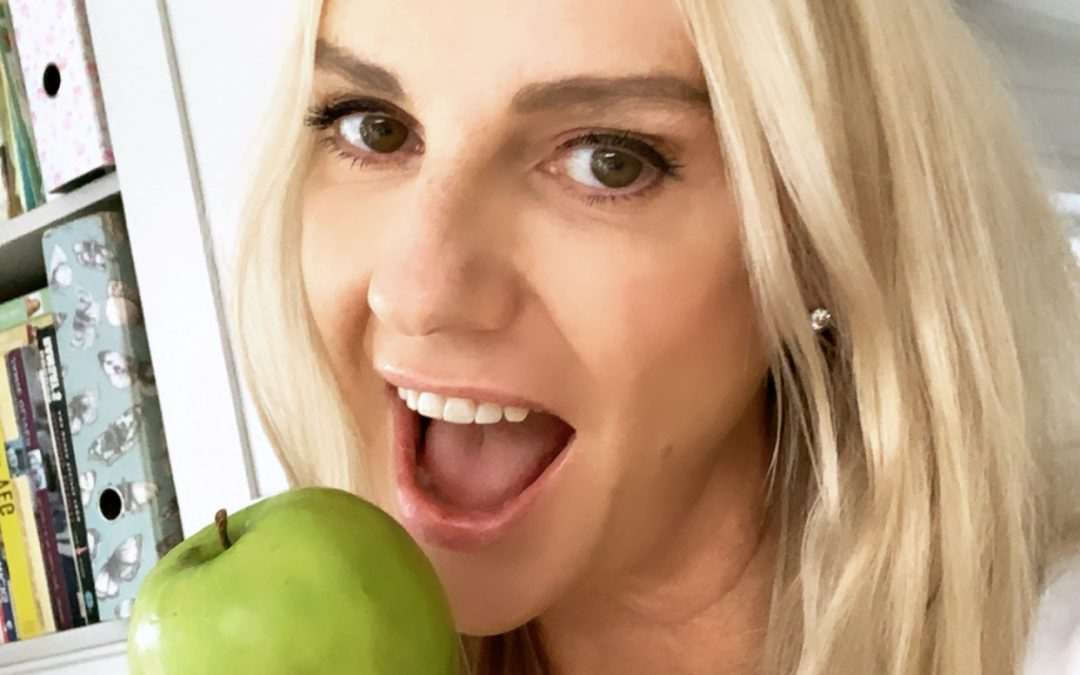With gym’s reopening and many of us having gained an average of 3kgs, our tight jeans have got us focused on losing some of that excess weight.
I hear plenty of talk regarding burning off those calories, what does high in calories actually mean, feeling the pressure to buy low calorie produce, without really knowing what even is a calorie?
A calorie is a unit of energy. They are used to measure the energy content of foods and beverages. The energy our body needs comes from what we eat and drink and the body works on a supply and demand system. The food supplies the demand our bodies need for activity and movement each day, and the calories are converted into the energy we need to run our bodies. Not unlike putting fuel into a car in order for it to work. Our bodies store and burn calories. But if you supply your body with more calories than it demands, these excess calories are stored in the fat cells. If the stored fat is not converted into energy later, it creates excess body fat. But just like car fuel, there are different grades.
High quality, nutrient dense food, not only provides calories, the energy we require, but also essential nutrients that build strong bones and muscles, support our immune system, boost our mood and an array of benefits for overall good health.
It is important to note here that I am talking about losing excess body fat. Not the healthy fat that we all need for survival.
Fat can be stored under the skin or around internal organs so it may not be visible to you.
You probably will have heard that in order to lose weight, you must have a calorie deficit. Eat fewer calories or burn more calories with exercise.
But not all calories are created equal.
Empty calories are foods and beverages that provide calories, but have little to no nutritional value. For instance, processed foods containing added sodium and sugars, fizzy drinks, trans fats and some saturated fats.
These empty calories can make weight loss more difficult as they don’t provide enough nutrition as part of our daily intake. By choosing simple, natural, whole foods packed with nutrition, you will have the required amount of energy to sustain you throughout the day. 100 calories of broccoli and 100 calories of biscuits or crisps many contain the same amount of energy but they affect your body so differently. So, choose your calories wisely!
The average female needs to eat about 2,000 calories per day to maintain her weight. Reduce this to 1,500 calories per day in order to lose 1 lb of weight per week.
The average male requires roughly 2,500 calories per day to maintain his weight and 2000 calories per day to lose 1lb of weight per week.
However, different factors affect this such as age, current health, activity levels , weight and height, and several others including stress levels.
Counting your macros instead of calories is currently trending for weight loss. Macro’s, or macronutrients are the nutrients your body requires in large amounts for overall health. They are your fats, carbs and proteins. Apps such as MyFitnessPal are hugely popular for tracking your calories and macro’s.
We need calories in food for energy. But consume too much and you will gain weight.
To lose weight you need to consume less and burn more. Choose the calories that support you. Give you energy, build your muscle and help you feel full throughout the day.
I don’t believe in counting calories or dieting. For me it is about living a healthy lifestyle. I focus on eating healthy foods that are nutrient dense, high in protein and practice portion control. I drink plenty of water throughout the day, enjoy the odd alcoholic beverage and sweet treat, and move my body on a daily basis.
So, when I have been overindulging, and I do, I am human! and feel my jeans getting tighter, I give myself a little mantra: Eat less, move more! Eat less, move more! Eat less, move more! Repeat several times throughout the day.
It is all about balance. Life is for living. Let’s appreciate our incredible bodies, all that they can do for us and treat them with love and respect. As some do with their car or motorbike!
Here are my Top 5 Tips to get you started:
- Meal plan for a few days ahead and make a list. Don’t shop without it. By doing this you will eliminate impulse purchases, save money and stick to healthier choices.
- Increase your protein intake. Protein helps you retain muscle mass which affects your metabolism. Good sources of protein are eggs, nuts, lean meats and beans.
- Drink at least 2ltr of water a day, more if you are exercising or sweating. Aim to drink a glass 20 mins before a meal in order to curb your appetite. Often we confuse hunger for thirst.
- Choose whole foods such as fruit and vegetables. Avoid processed foods and diet, fat-free, low calorie foods. Often the reduced fat has been replaced with sugar and other ingredients to make up for the loss of flavour. If you need to snack, then make healthy choices. Popcorn or nuts and seeds instead of crisps, fresh fruit or berries instead of biscuits, yoghurt instead of ice cream for instance.
- Move your body and make it fun! Focus on exercises that bring you joy. Daily walks or bike rides in the fresh air, swimming in the sea, hiking up a mountain and so on. There is a plethora of free on line classes such as Zumba, yoga, Pilates and HIIT to get you inspired and moving.
Focus on the benefits you are bringing to your body and mind, and what makes you happy!
YOUR HEALTH IS YOUR WEALTH. AND YOU ARE YOUR GREATEST ASSET


Recent Comments